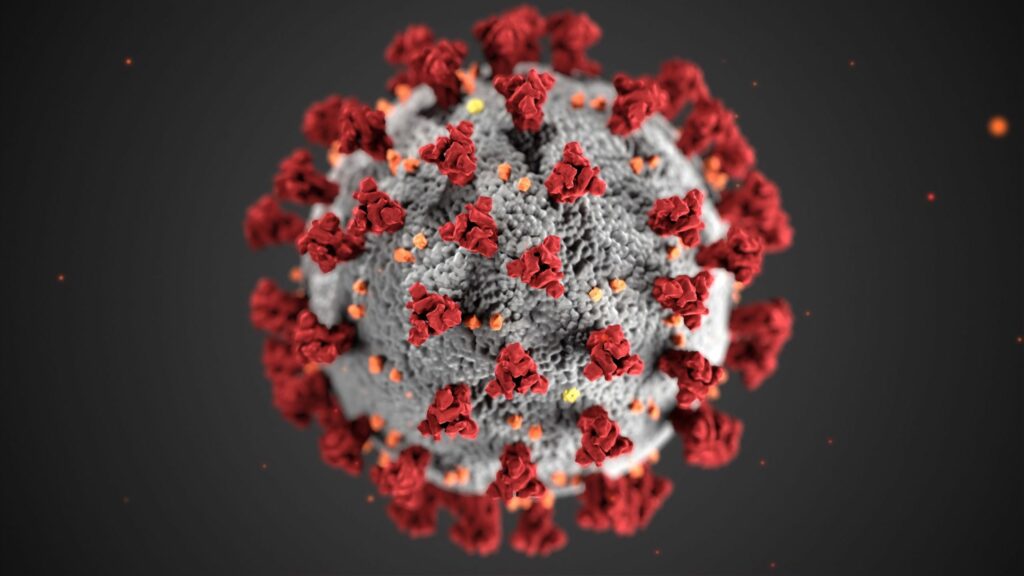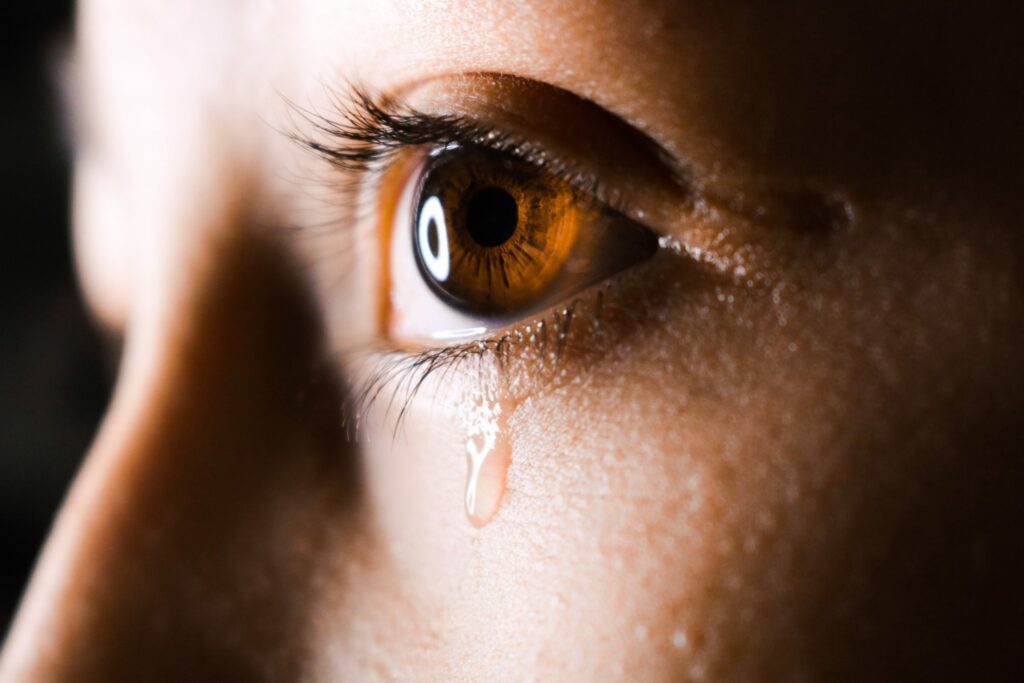How To Protect Yourself From The Coronavirus
The World Health Organization announced on March 11, 2020, that the Corona Virus (COVID-19) is a pandemic. Although we watched COVID-19 shut down China, Italy, Germany, Spain, with more countries being added to the list daily, it’s real now because it’s on our doorstep, not thousands of miles away. So let’s talk about how you…
Learn MoreKeep Your Kids Healthy & Germ-Free at School
Schools and child care centers are teeming with germs and contagious illnesses. Common infections like the flu, colds, stomach bugs, ear infections, and pink eye spread like wildfire. Most parents wish they could do more to protect their children. Even worse, kids bring these illnesses home and infect their siblings, parents, and other family members,…
Learn MoreSpeech and Language Problems: When Words Come Out Wrong
Speech is the main way we communicate with others. It develops naturally and requires the coordination of multiple body parts, including the brain, mouth, jaw, chest, neck, and abdomen (and you thought saying “What’s up?” was easy). Many people deal with language disorders, making it challenging to communicate with others. Sometimes, a person knows what…
Learn MoreIs It A Cold or Pneumonia?
Most of us only know about one type of pneumonia — the one that hospitalizes about 1 million people every year. However, there’s another kind called walking pneumonia, whose symptoms are very similar to the common cold or flu. About two million people in the US catch walking pneumonia every year. Most think it’s a…
Learn MoreHow to Disclose a Difficult Diagnosis to Your Loved Ones
Having a serious illness like cancer, heart disease, or ALS can be very lonely, and no one should try to bear it alone. First, it isn’t practical to hide something that serious from friends and family without them noticing that something is troubling you. Second, acting like everything is okay when it’s not, requires energy…
Learn MoreCoping With Hairloss?
Although baldness is an intentional choice for some people, most desire a full, healthy head of hair because they feel more confident and attractive. Unfortunately, about half of us will experience some form of hair loss before the age of 50. The exact numbers, according to the American Hair Loss Association, are 50% of men…
Learn MoreWhen Your Whole Body Hurts
It’s early in the New Year, and people are crowding the gyms to get in shape. If you’re one of them, chances are your body is hurting all over! Usually, when pain occurs in one part of the body, it’s easy to pinpoint the cause. But generalized aches and pains are another story and are…
Learn MoreHow To Boost the Brain Chemicals that Make You Happy
When someone asks what makes us happy, we often think of our family and friends, circumstances, and possessions. However, happiness has more to do with the chemicals in our brains than with what’s going on in our lives. In fact, there are four main neurotransmitters associated with the feelings we refer to as happiness: endorphins,…
Learn MoreWould You Know If You Had A Stroke?
Did you know that half of all stroke victims don’t realize when they’re having a stroke? Since they assume that the symptoms they’re experiencing will go away on their own, they typically wait three and a half hours before seeking medical treatment. This is dangerous because time is critical when treating stroke. What makes it…
Learn MoreWhy Loneliness Is A Greater Health Risk Than Obesity
Everyone knows the health risks of obesity, how it leads to a myriad of harmful health conditions, including hypertension, type 2 diabetes, heart disease, stroke, and worst of all, death. However, few people know that being lonely and socially isolated is much worse for physical health than being obese or smoking 15 cigarettes a day,…
Learn MoreThe Whys and Hows of Addiction
Addiction is a complex and chronic disease that affects millions of people worldwide. Even so, many misconceptions remain. This article attempts to provide answers to some of the whys and hows of addiction. Who is at risk for addiction? Anyone can become addicted. Nonetheless, some risk factors significantly increase the odds of addiction. Genetics account…
Learn MoreWhat TV Gets Wrong About Mental Illness
More than 45 million Americans experience mental illness every year. That’s about 1 in 5 adults. There’s so much stigma surrounding this ailment that people go to great lengths to hide their mental health condition, including failing to seek or dropping out of treatment. A huge chunk of the negative stereotypes and misconceptions surrounding mental…
Learn More










